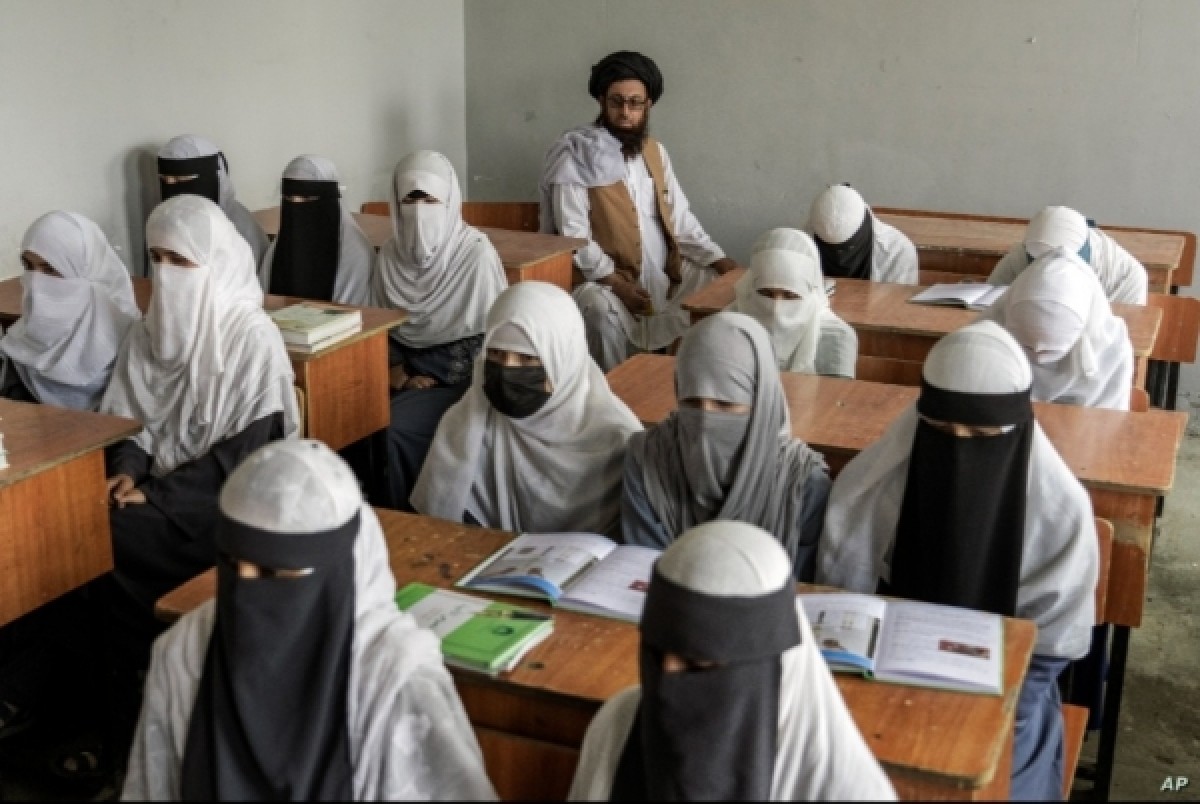The end of education under the Taliban... Afghan girls bid farewell to the sixth grade in tears


In September of 2021, a month after the withdrawal of US and NATO forces from Afghanistan after two decades of war, the Taliban announced a ban on education for girls after primary school from the sixth grade.
And in December of the year In 2022, the Taliban expanded the ban to include universities, despite global condemnation and international warnings that these restrictions would limit recognition of their legitimacy to run the country.
Bahara Rustom, 13, took her last class in December, knowing that this was the end of her education. Under the rule of the Taliban, this will be the last time she sets foot in school.
Bahara said that she is committed to her education and is interested in school books. She added, “Graduating from the sixth grade means that we will move to the seventh grade...but everyone cried and we felt very disappointed.”
Even though they bid farewell to education, there will be no graduation ceremony for girls from school.
Stayesh Sahibzadeh (13 years old) wonders, “What does the future hold for her?” She is sad because she can no longer go to school to achieve her dreams.
She said: “I cannot stand on my feet... I wanted to be a teacher. But now I cannot study, and I cannot go to school.”
The Envoy United Nations Special Representative, Rosa Otunbayeva, recently expressed her “concern that a generation of Afghan girls is falling behind with every passing day.”
An official in the Ministry of Education in the Taliban government said in recent statements that “Afghan girls of all ages are allowed They are allowed to study in religious schools... which were traditionally reserved for boys.”
But Otunbayeva said that “it is not clear whether there is a curriculum that allows for modern topics” for education.
Analyst, Mehmet Selim Baygir, warned that excluding Educating women and girls would be disastrous for Afghanistan.
The Taliban banned women from many public places and most jobs, confining women only to their homes.